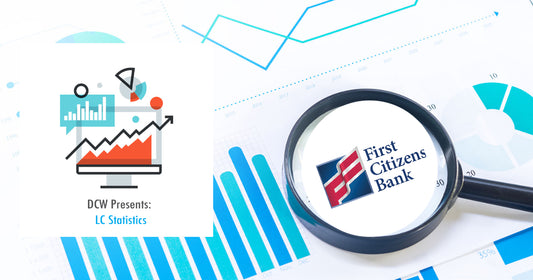Categories
- Anti Money Laundering
- authenticated
- automatic extension
- bill of lading
- compliance
- Counter Terrorist Financing
- extension
- financial crime
- Financial Guarantee
- Guarantee
- Independent Guarantee
- Iran
- ISP98
- LC
- LC Law
- LC Statistics
- Red Flags
- Sanctions
- Standby LC
- SWIFT
- Trade Based Financial Crime Compliance
- tranport documents
- UCP500
- UCP600
- wrongful dishonor
FinCEN to Bolster Public-Private Cooperation
Financial Crimes Enforcement Network (FinCEN), a bureau of the United States Department of the Treasury, has taken a major step toward strengthening public-private partnership in efforts to combat financial crime with launch of FinCEN Exchange.
“FinCEN Exchange will bring together law enforcement, FinCEN, and different types of financial institutions from across the country to share information that can help identify vulnerabilities and disrupt terrorist financing, proliferation financing and other financial crimes”, said US Department of the Treasury Under Secretary Sigal P. Mandelker in announcing launch of the program on 4 Dec 2017 in National Harbor, Maryland.
In her keynote address at the ABA/ABA Financial Crimes Enforcement Conference in which she introduced FinCEN Exchange, other noteworthy remarks delivered by Under Secretary Mandelker:
Increased Transparency of Regulations
“We don’t want you to have to guess what our expectations are. Being very clear is something that I have emphasized repeatedly and it is an ethos that has been important to [Treasury’s Office of Terrorism and Financial Intelligence] since its beginning. And so you will continue to hear from us on a wide range of fronts.”
“As part of FinCEN Exchange, we will convene regular briefings – approximately once every 6-8 weeks – with law enforcement, FinCEN, and financial institutions to exchange targeted information on priority illicit finance threats.”
“Participation is voluntary, of course, but I think our AML system is so much stronger when we work together. And let me be absolutely clear – this program is not intended to add a regulatory burden on your financial institutions. We are not imposing any new requirements. To the contrary, we think this type of information sharing will strengthen your compliance programs by enhancing your ability to focus on high priority issues.”
You can find the full text of Under Secretary Sigal Mandelker's speech at the American Bankers Association & American Bar Association Financial Crimes Enforcement Conference here.
Additional Compliance Resources
The London Institute of Banking & Finance (CDCS, CITF, and CDSG) is now offering a Certificate in Trade Finance Compliance, or CTFC. Geared toward Trade Finance Operations Staff, Relationship Managers, Bank Audit and Compliance Staff, and Risk Managers, this professional certification program covers key critical areas in trade based financial crime. The goal of the CTFC is to provide participants with the technical knowledge, skills & insights into international best practices in the ever-changing trade finance compliance landscape.
In terms of literature, IIBLP itself offers the most comprehensive and up-to-date book on TBML and trade based financial crime compliance at large. Available as a hardback, softback, and eBook, Trade Based Financial Crime Compliance provides financial institutions, bankers, lawyers, compliance officers, and corporates the necessary information to identify and combat trade based crime and remain compliant.
This topic is regularly covered by the IIBLP blog, as well as Documentary Credit World. See previous blog posts on the BAFT Anti Money Laundering Paper, Compliance Challenges, Back-to-Back LCs and the Wolfsberg Paper. Also be sure to look at the Trade Based Anti Money Laundering Primer.






